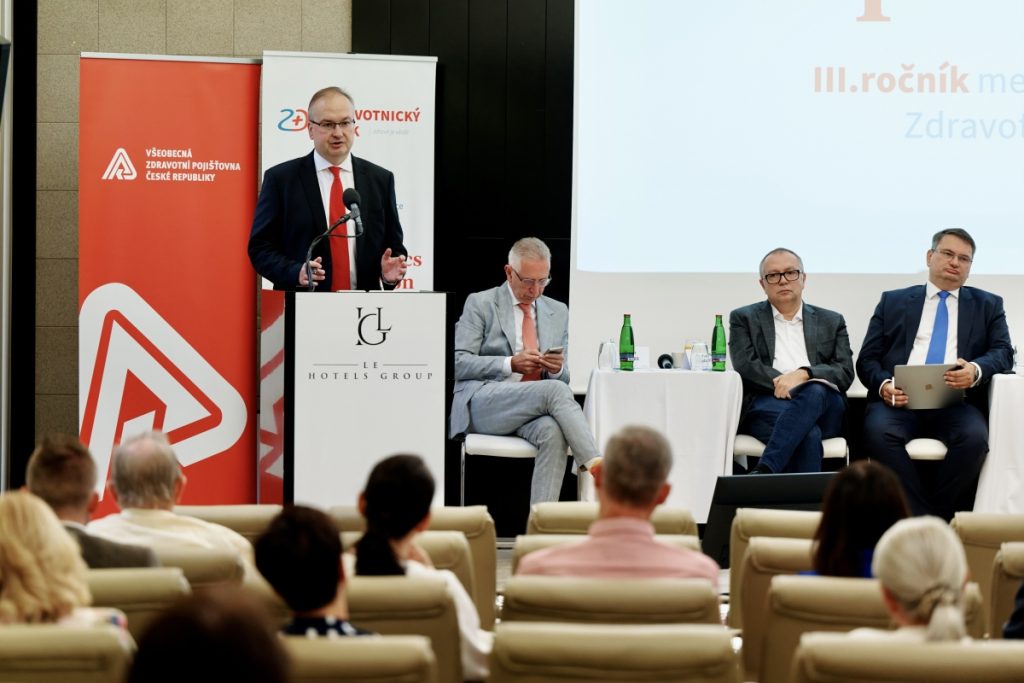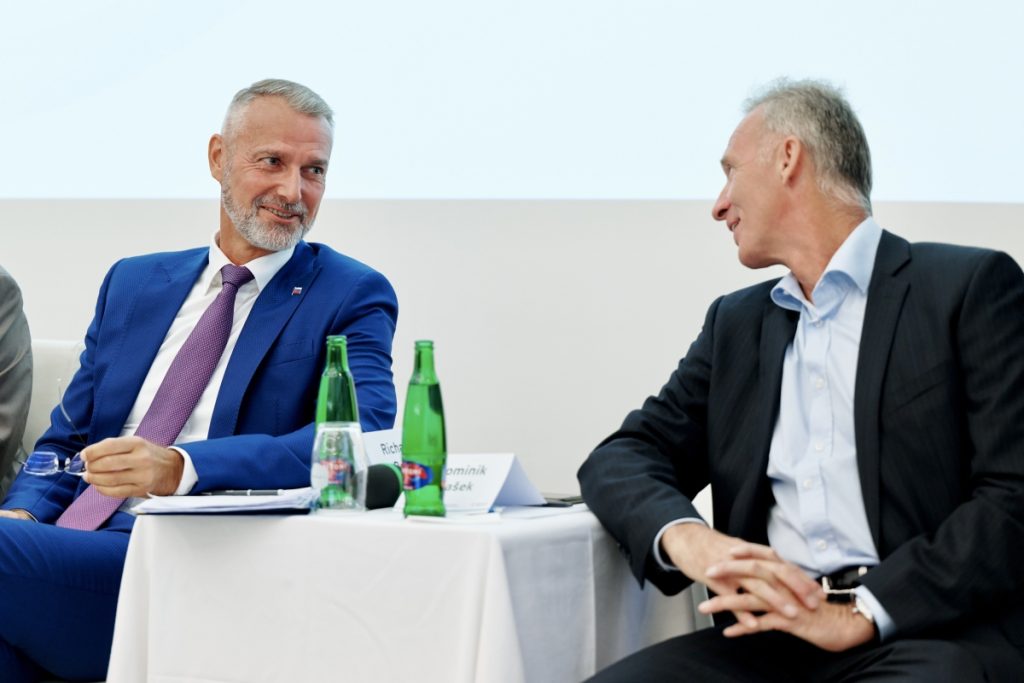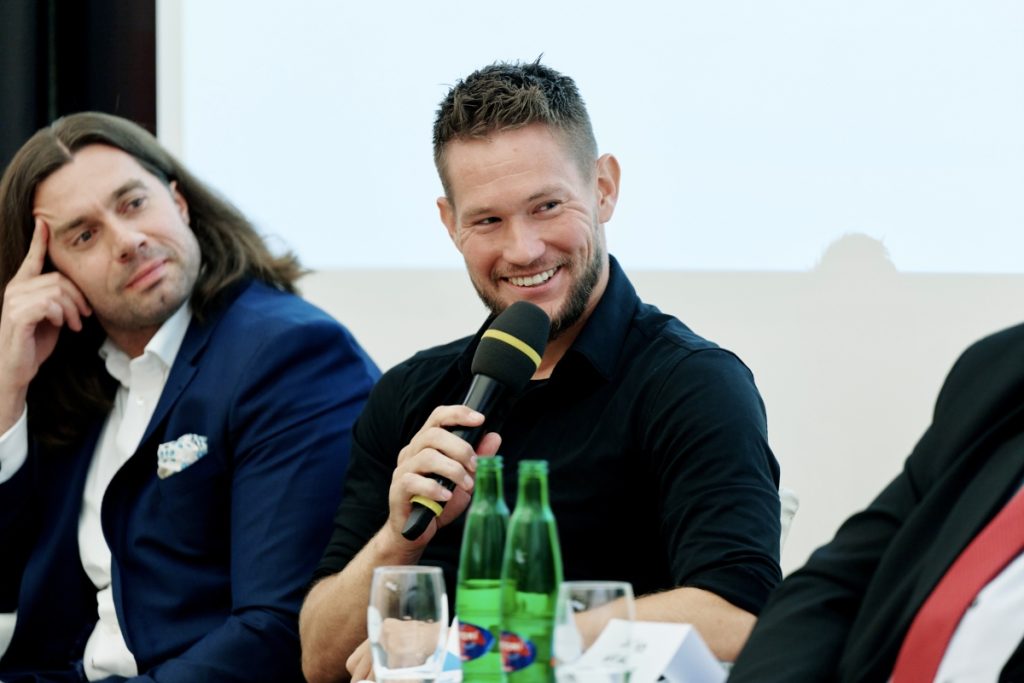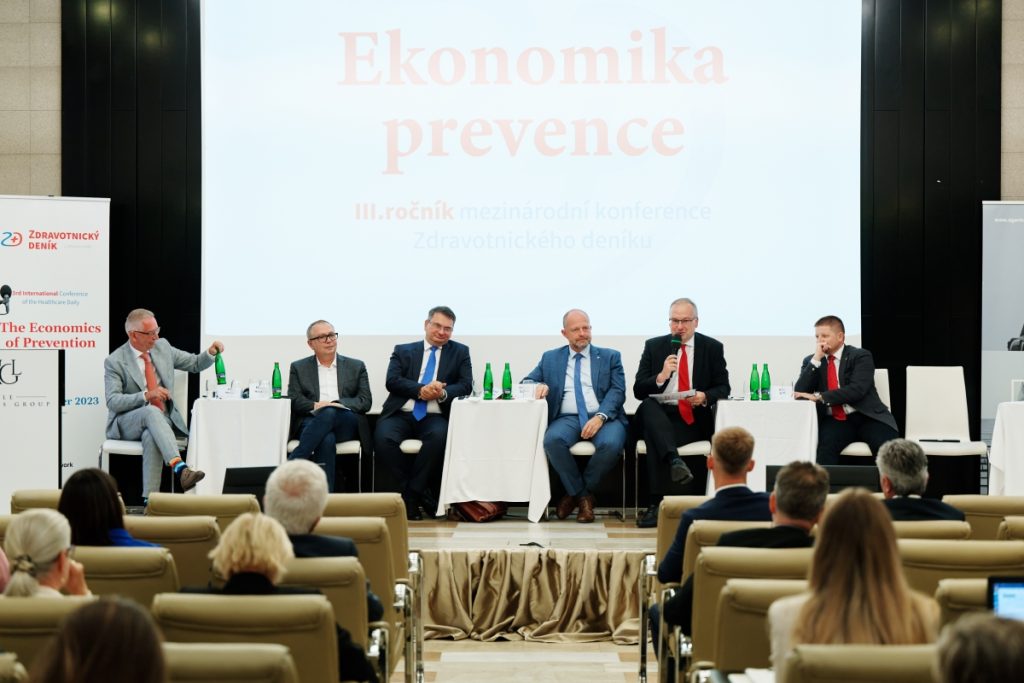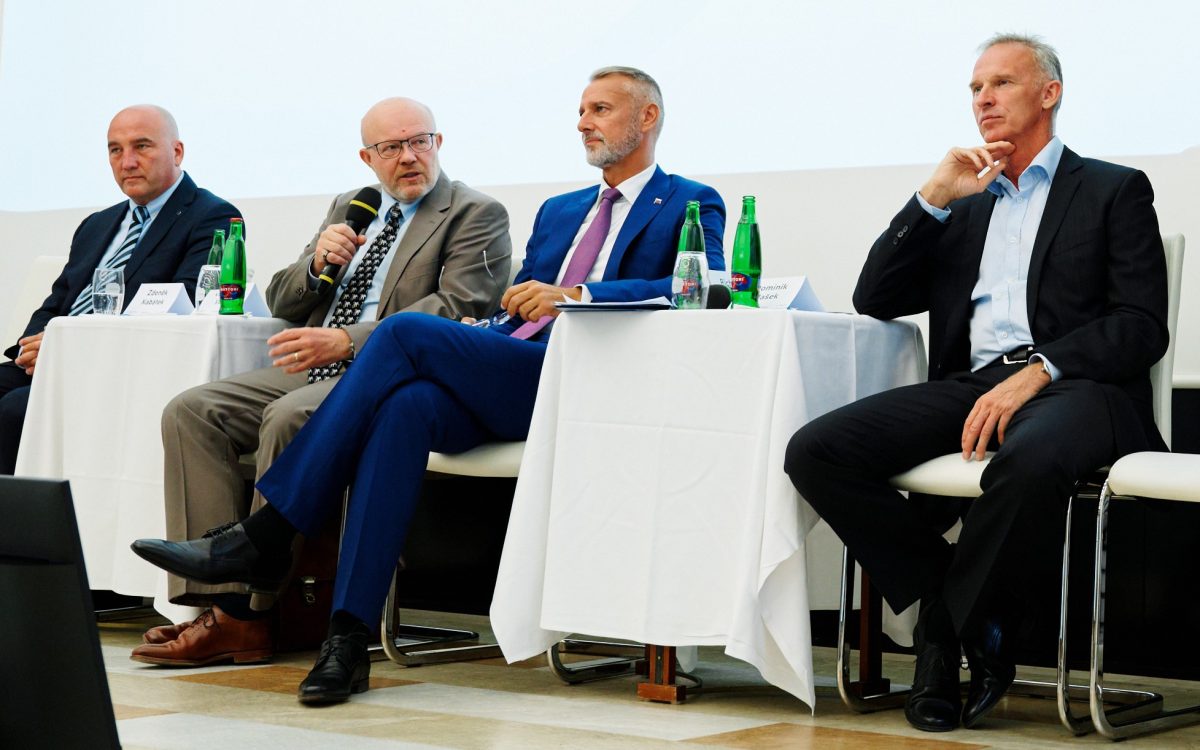Sport is a key element of prevention, it deserves support and promotion, agreed the participants of the discussion panel of the Healthcare Daily’s Economics of Prevention conference. Current Czech Health Minister Vlastimil Válek (TOP 09) and former Slovak head of the same ministry Richard Raši offered a political perspective on how to allocate more money and attention to physical activities in the health ministry, VZP director Zdeněk Kabátek spoke about the possibilities of health insurance companies, and famous hockey goaltender Dominik Hašek added his perspective on how to get today’s youth moving.
Health Minister Vlastimil Válek mentioned at the beginning of the discussion that he considers the most effective way of prevention to be those things that people can do for themselves. „Things that you only need a strong will to do, otherwise nothing. That is to say, to play sports, to take reasonable healthy exercise every day, to eat a reasonable diet, not to smoke and not to drink alcohol. That’s the key prevention,“ said Válek. He added that the state is saving money on two fronts by promoting prevention. „From a purely economic point of view, a person who attends preventive check-ups, participates in screening programmes and lives a healthy lifestyle saves the state money, and a lot of it. Firstly, by using less of what he or she pays in health insurance, and moreover, such a person usually works to a higher age, is more efficient at work, and therefore receives a higher wage, so he or she also pays higher taxes. So if the state supports people’s healthy lifestyle, it saves in two ways,“ Válek explained.
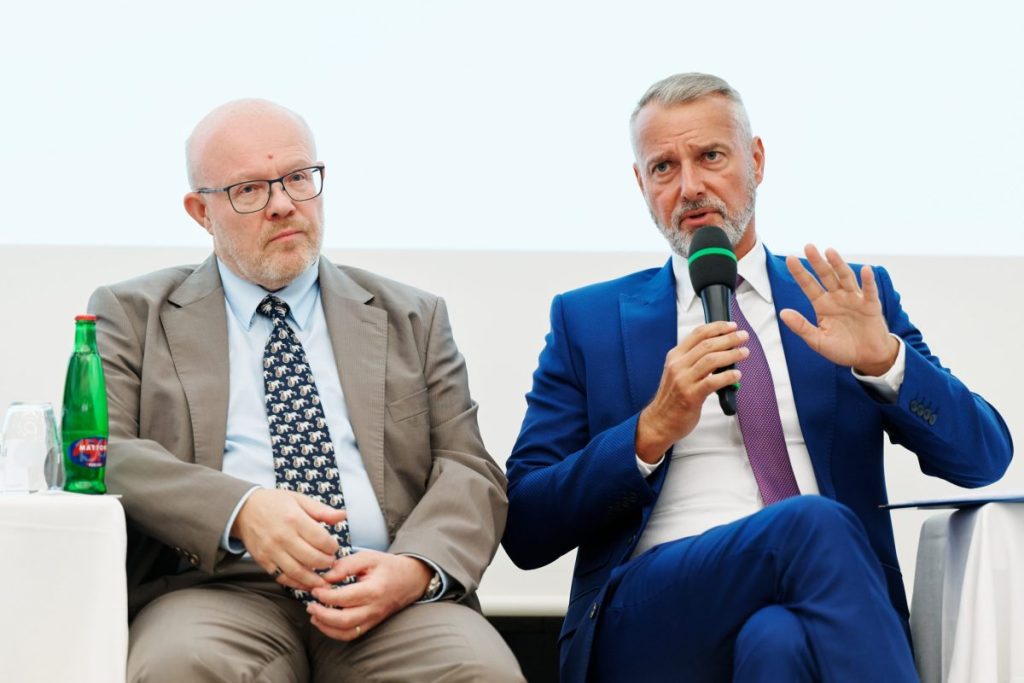
A very good investment return
Richard Raši, a member of the Health Committee of the Slovak National Council and former Slovak Deputy Prime Minister and Minister of Health, presented a possible way to support the development of sport. „In Slovakia, we are opening a debate on whether part of the public health insurance, i.e. compulsory health taxes, should be transferred to support sports for children and young people,“ Raši said. Besides the fact that new sporting talents would grow up, he said, it would have a noticeable health effect. „Our Slovak Olympic and Sports Committee had a strategy for the development of sport in Slovakia until 2030 prepared based on data from Slovakia. And it turned out that one euro invested in youth sport brings approximately three euros to the economy, significantly increases employment and has unquestionable health effects,“ Raši said.
He also pointed out that the money saved by strengthening sport could represent up to 10 percent of the cost of avoidable deaths. „The average funding for sport in developed countries is about 100 euros per capita, while in Slovakia it is 25 euros,“ Raši added.
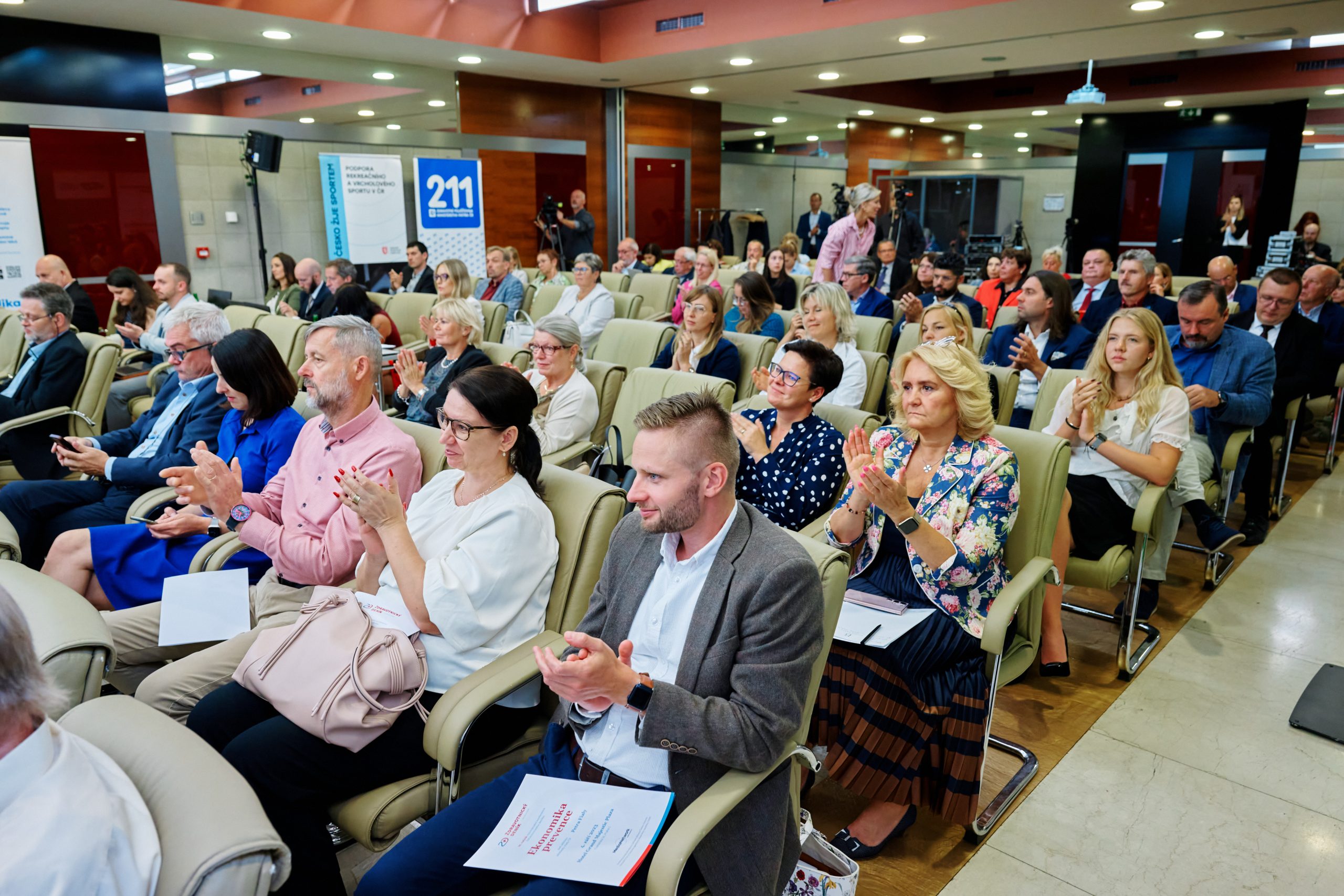
Czech Health Minister Válek responded by saying that the law his ministry plans to push through at the beginning of next year should include a similar form of using a portion of public health insurance to support sports for children and youth, as Raši spoke about. „And we are counting on a sum of roughly 2000 crowns (around 82 eur) per person,“ said Válek, who announced at the conference that he would like to submit a legislative amendment to the government as early as January next year that would, in addition to the above-mentioned, also allow health insurance companies to at least partially use individual health plans and bonus programmes, thereby increasing the efficiency of public health insurance. According to the minister, the new law should also define more clearly the areas that should be covered by prevention programmes.
More PE classes, more open sports facilities
Sport is also extremely important for prevention, according to the famous hockey goalkeeper and Nagano Olympic champion Dominik Hašek. According to him, it is crucial that people start playing sport at a young age, because a person who plays sport from childhood is more likely to continue playing sport for the rest of his or her life. „Therefore, the upbringing in the family is important, whether the parents support the child in sport. If the child is not supported by the family, society should support sport,“ Hašek said at the conference.
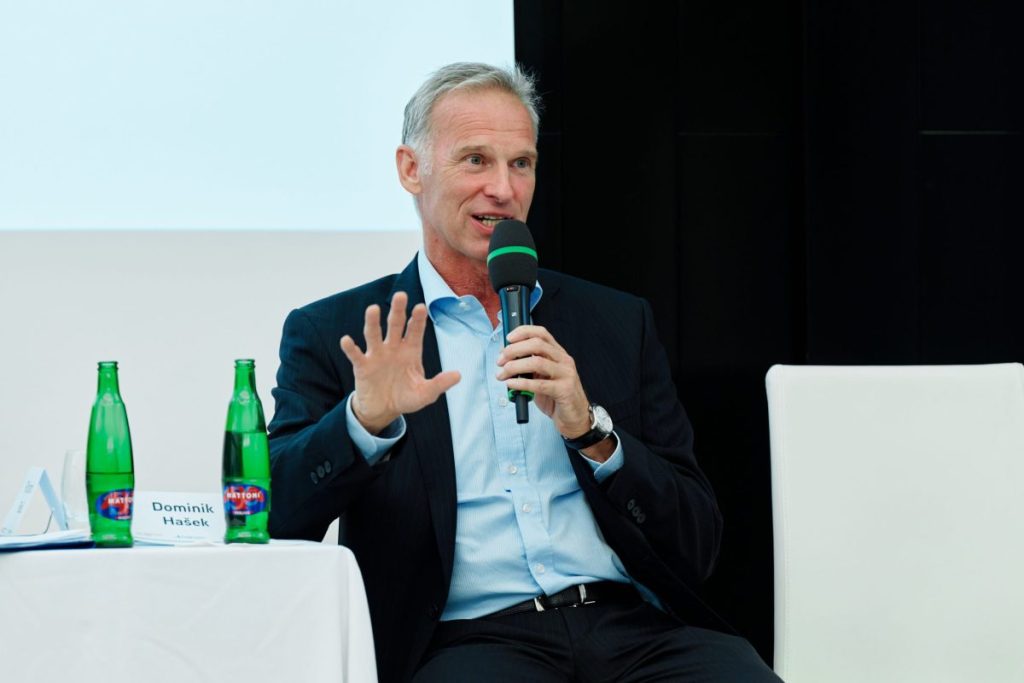
He said more PE in schools would improve children’s physical activity. „There have always been two hours of PE, both in primary and secondary school. Personally, I don’t see why there shouldn’t be four hours of PE a week. I think it is as important as mathematics or any other subject and it will bring great savings to society in the future,“ Hašek said. He also considers it crucial to support the creation of playgrounds and sports grounds, which he said are lacking in some regions. „I would be terribly happy for children to be able to play sports together for free,“ he said, stressing that the availability of sports should be free.
In Slovakia, an increase in PE lessons in primary schools from two to three a week was approved a few months ago. But the road to this was not easy. „Paradoxically, the biggest resistance was from the schools themselves. Maybe it was not so much about the space, but about the fact that the extra hour of physical education comes at the expense of some other subjects, because the number of hours taught is given,“ Raši explained the situation in Slovakia. According to him and other speakers, the main problem today is the high percentage of children who are excused from PE lessons by their parents, as well as the number of hours children spend in front of their mobile phones and other screens.
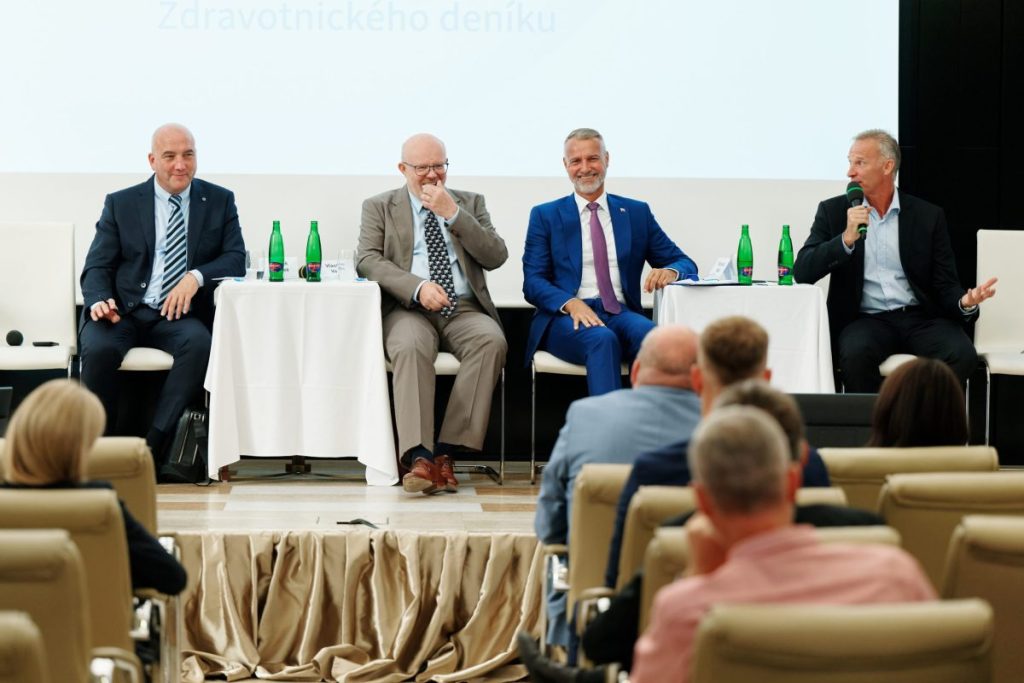
Minister Válek also sees a problem in the fact that, although playgrounds are increasing in cities, unlike in the past they are not as accessible. „Playgrounds and gyms used to be almost always accessible at schools, but today many of them are inaccessible at weekends or during holidays,“ Válek pointed out. He also revealed at the conference that the National Institute of Public Health will start preparing data and analyses to show where we have the biggest gaps in sport and exercise.
Without improving public health, the system will collapse
Health insurance companies are also trying to support their clients‘ sporting activities. „We support physical activity as part of our pillars of the prevention fund, which is nothing more than anchoring our programs in the longer term. We try to bonus our clients for moving, and physical activities are one of our most popular benefits,“ Zdeněk Kabátek, director of the General Health Insurance Company (VZP), told at the conference.
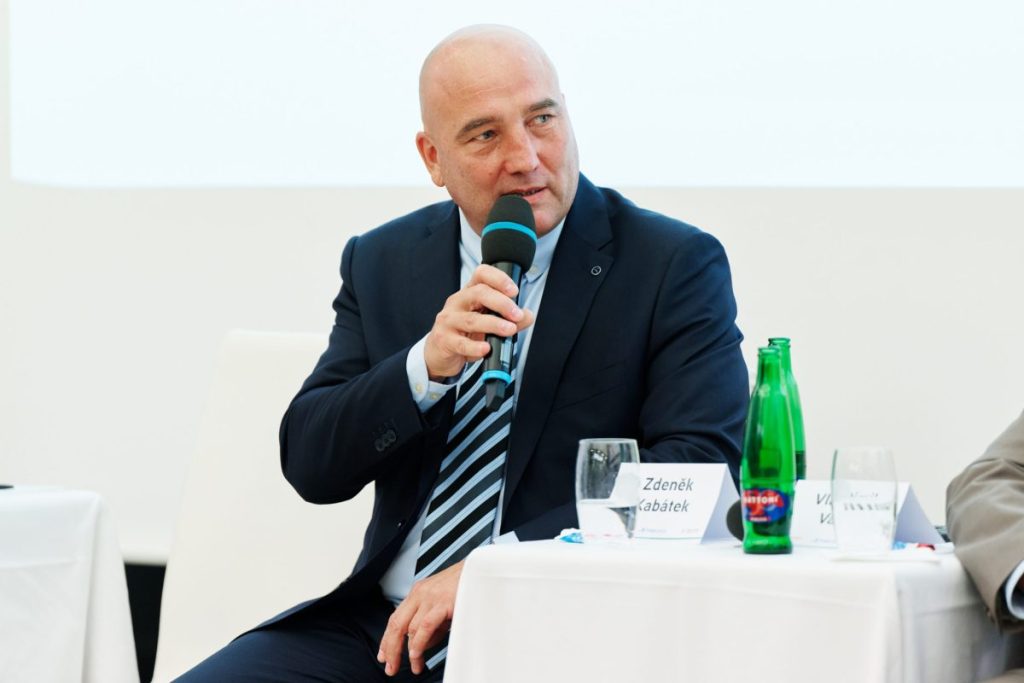
In the future, thanks to a legislative change recently passed by the ministry, VZP wants to target more activities across the board – stays in the mountains, health resorts or spas. „And we also support sport in terms of marketing and PR, where we can invest some limited resources in promoting healthy lifestyles and events that aim to attract people to sports activities,“ Kabátek said.
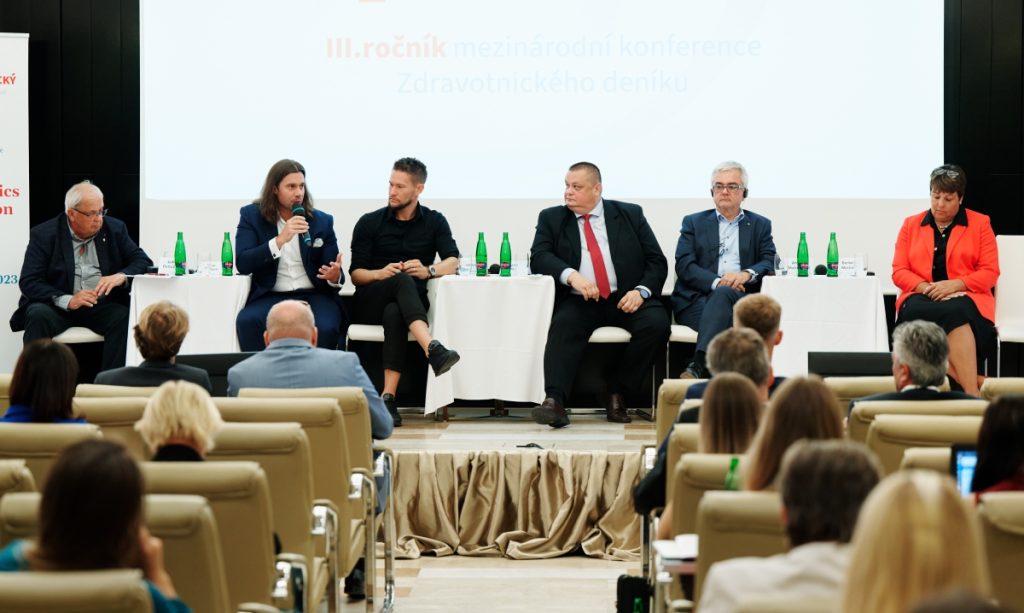
According to Minister Válek, reaching out to famous persons and inviting them into campaigns is one way to do that. „The other way is to do hard analytical data and based on that data, focus on giving young able people a place to play sports,“ Válek said. And he warned that it’s time to act because if the public health system fails to change, the system will collapse. „The entire financing of health insurance will be financed by some 25 percent of employees and entrepreneurs, no one else. And if we know how exponentially the cost of center-based care is rising, we know that it can’t be financed without brutal improvements in public health. The state will simply collapse economically,“ the minister warned.
Dominik Hašek is convinced that a possible prevention programme, whoever prepares it, will be very much supported by athletes – even former ones, including himself. The former goalkeeper described athletes such as snowboarder and skier Ester Ledecká and hockey player David Pastrňák as ideal „role models“ for motivating the younger generation.
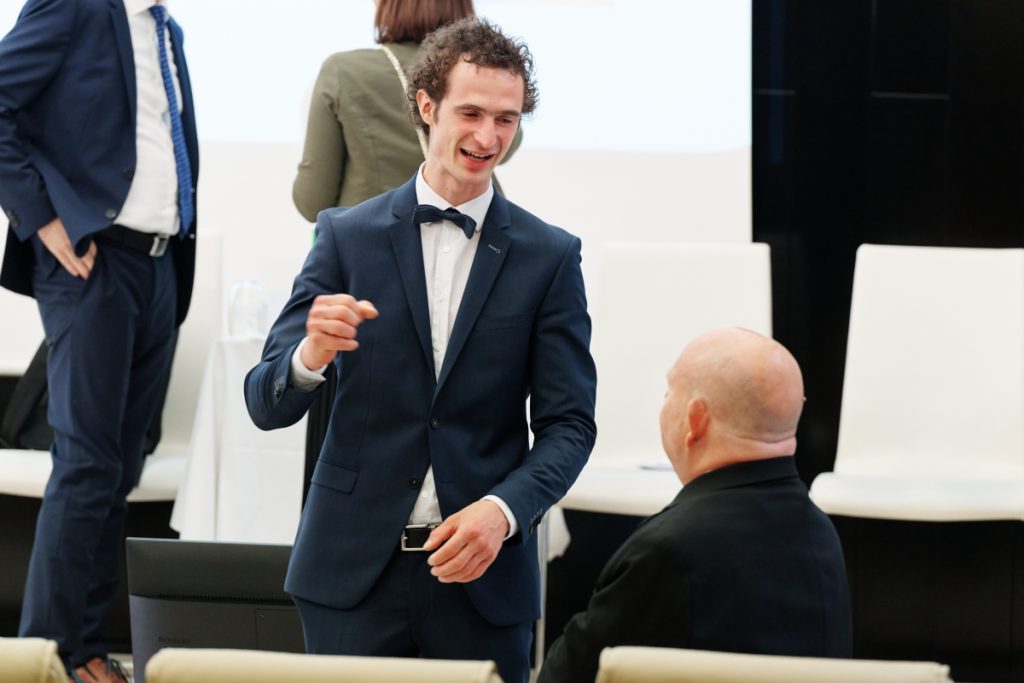
Finally, Hašek made a bold – even provocative – suggestion on how to get children to move. „I don’t see anything wrong with someone having to work hard in gym class in order not to fail. From my point of view, it’s as important a subject as grammar or maths. If someone doesn’t have a knack for grammar and doesn’t work at it, doesn’t learn the enumerated words, past tenses, subject-verb agreement, they’ll get a C or a D. It could be the same in PE – if someone doesn’t try to improve, why shouldn’t they get a B? But it is clear to me that parents of children will not agree with something like that,“ Hašek concluded.
Jakub Němec
Mohlo by vás zaujímať
Photo by Radek Čepelák
We would like to thank the General Health Insurance Company, National Sports Agency, RBP, Health Insurance Company of the Ministry of Interior of the Czech Republic, Military Health Insurance Company, EUC Medical Group and Sprinx for their support of the conference.
